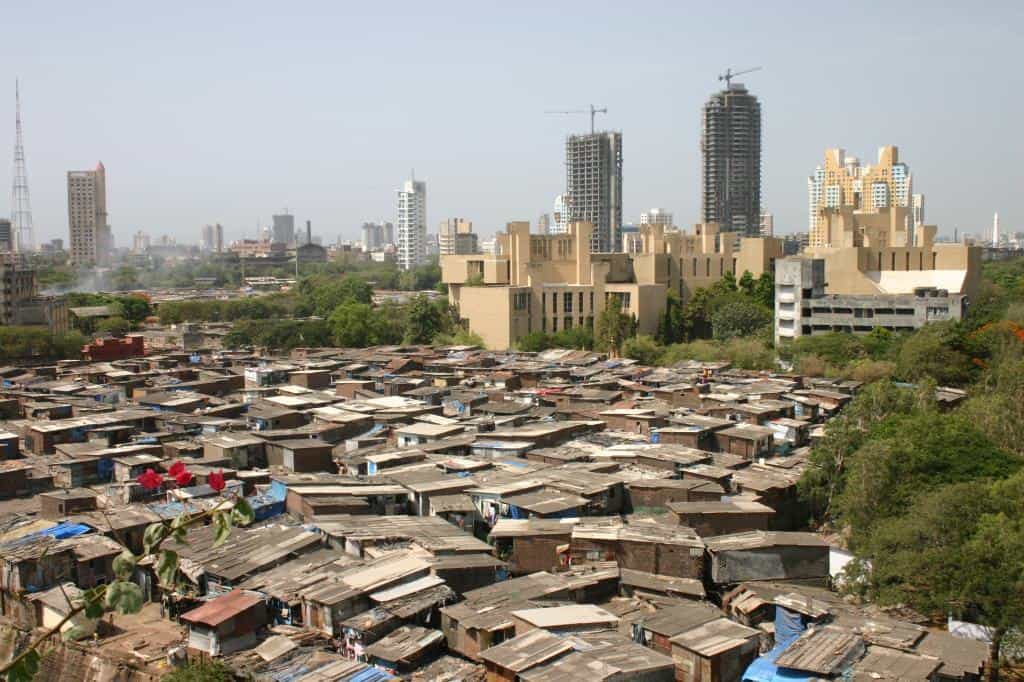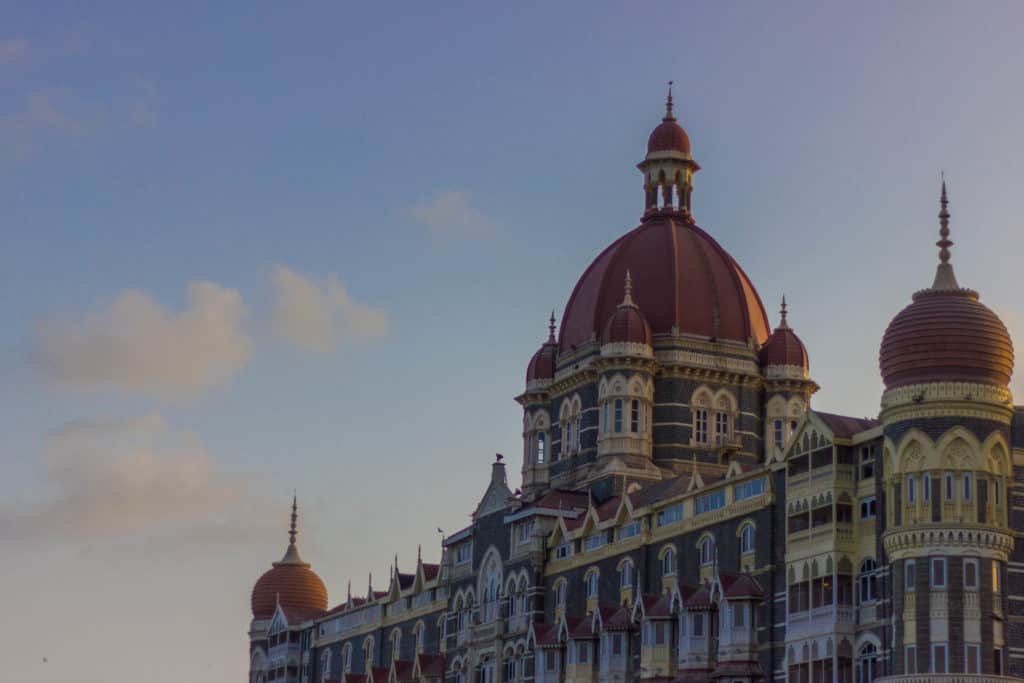Evicted GTB Nagar residents yet to be relocated
Nearly 1,200 families who were evicted from their houses in Guru Tegh Bahadur (GTB) Nagar last year have yet to see the redevelopment plan promised to them commence. While the BMC has been declaring houses in the area unsafe for the past two decades, residents were forced to finally leave last year amidst a raging pandemic.
One of the residents told Mid-Day that for the past nine months, she and other women “begged BMC officials to make alternate arrangements for the poor families, many of whom are of taxi drivers.” The assistant commissioner of F North ward, however, believes that since the buildings are in urgent need of demolition, “rehabilitation does not come under [BMC’s] preview, as the state government has already given permission to [families] to form individual societies and redevelop them with any builder of their choice”. While they struggle to piece together enough to hold their family afloat, questions remain on how they will manage to ensure shelter in the middle of a pandemic and harsh monsoons.
Source: Mid-Day
Read more: Why Mumbai housing societies can’t self-redevelop anymore

BKC, Mulund, Dahisar COVID-19 jumbo centres to re-open
Shut in May for repair and upgrade, the three jumbo centres will resume operations in a phased manner beginning mid-August. At least 20-25% of bed occupancy will be allowed. Three separate jumbo centres located in Byculla, Goregaon, and Worli have been fully operational and handling mild to moderate admissions. Seven Hills Hospital in Marol has the been the primary spot for critical COVID-19 cases in the city. BMC has also planned four new field hospitals in Malad, Sion, Mahalaxmi, and Kanjurmarg.
Source: Times of India
Mumbai hotels at highest occupancy rates in June

After a massive pandemic and lockdown-induced setback, hotels in Mumbai have shown the highest month-to-month basis occupancy rate (51-53%) in June, 2021. Experts believe this could be signs of recovery for the hospitality sector in the city that had been severely hit in the past year. According to Mint, overall hotel occupancy “has increased by 12-14 percentage points, average daily rates went up by 14-16% and RevPAR (revenue per available room) by 95%” in June. While hotel stocks are on the rise with Indian Hotels Company Ltd (that runs Taj Group of Hotels) outperforming the stock market, some think effects may be seen after the Competition Commission of India (CCI) Chairman’s comments about anti-trust cases for hotel booking e-commerce platforms requiring tighter regulations.
Source: Mint, Economic Times
Read more: When public dining was introduced in Bombay…
Oil spill at Juhu beach

On August 4th, BMC workers cleaning Juhu Beach found traces of an oil spill. The next day’s high tides made the spill more prominent across a whopping 7 kilometre stretch prompting a cleaning process by the city’s civic body. No impact assessment or investigation into the spill’s source has been carried out so far. Public entry to the beach has been prohibited. The clean-up removed approximately 6 metric tonnes of oil waste. Nearby offshore drilling sites or broken steamers could have caused the spill which would likely be highly detrimental to the marine life and beach environment.
Source: Free Press Journal, Hindustan Times
Read more: As Mumbai gets ready to bid adieu to Bappa, the sea braces for more pollution,
Maharashtra employee unions oppose plans to privatize bus transport
Recently, the Maharashtra State Road Transport Corporation (MSRTC) issued a tender to rent 500 buses from private bus operators. Employee unions have objected to the decision and warned that leaders will approach the court if it is not rolled-back. MSRTC officials claimed that 5,000 buses have expired due to which there is a shortage of buses. As the corporation is currently running on losses, it claims to be unable to afford purchases of new buses. A union leader, however, stated that the budget which is generally set aside annually for this purchase has been used for different purposes for the past few years. Transport unions believe this move to be an intentionally planned method to privatize the transport corporation.
Source: Indian Express
Read more: Mumbai needs more BEST buses
Mumbai University cuts service fees for UG & PG students
While the university announced 100% waiver for students who have lost one or both parents to coronavirus, it has also slashed service fees typically collected for campus budgetary purposes. This will provide a benefit of Rs. 1,700 to students. The circular comes after a statement made by Higher and Technical Education Minister regarding the financial hardships that the pandemic has pushed students and their families into. Colleges have been told to accept fees in instalments. The circular specified that these cuts are temporary and could be reversed after the situation has been normalized and students can safely return to universities at campus capacity. MU has also decided to give free-of-cost documents to students who may have lost these during the floods in Mahad, Chiplun and other regions.
Source: Times of India
Read more: Desperate move to retain students in BMC schools